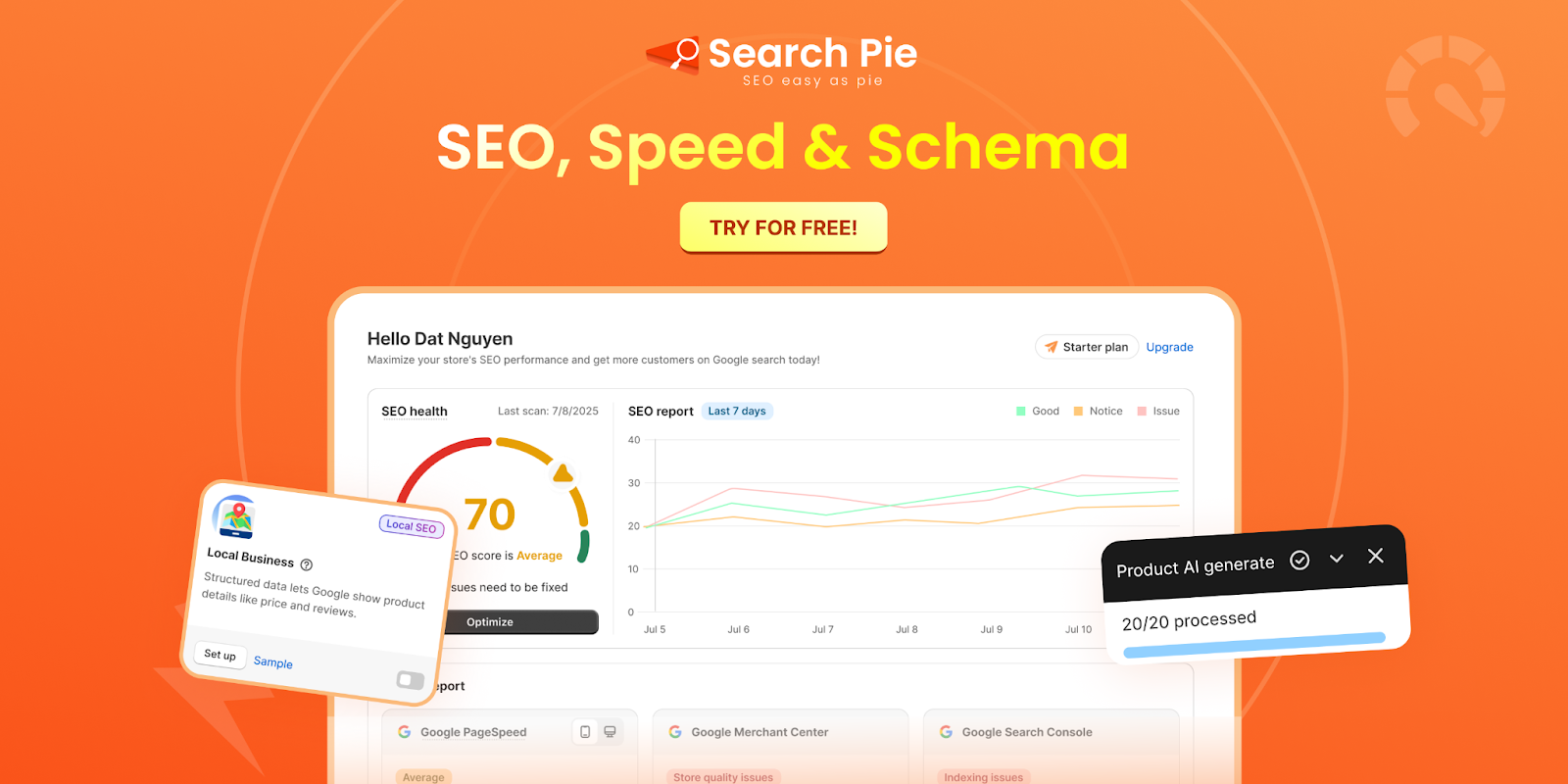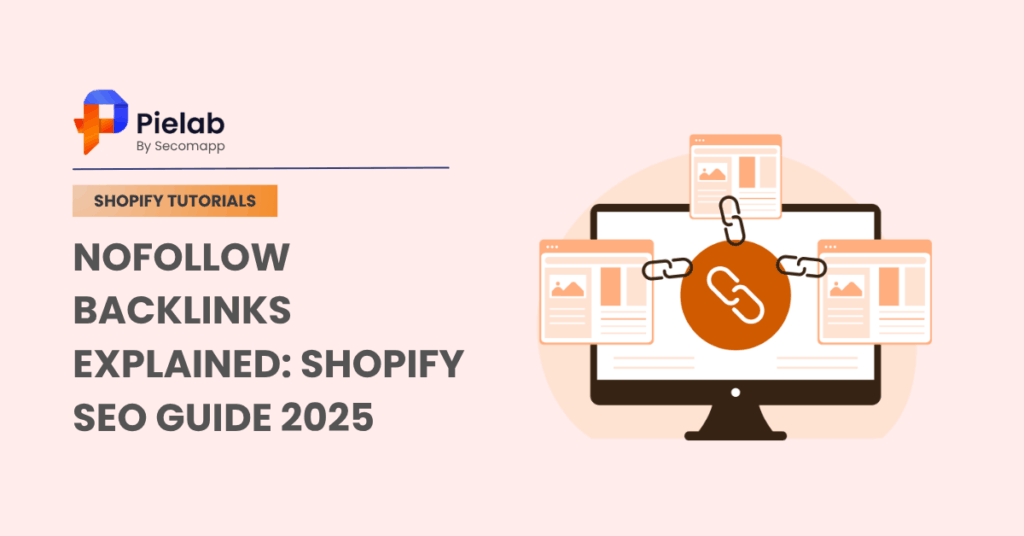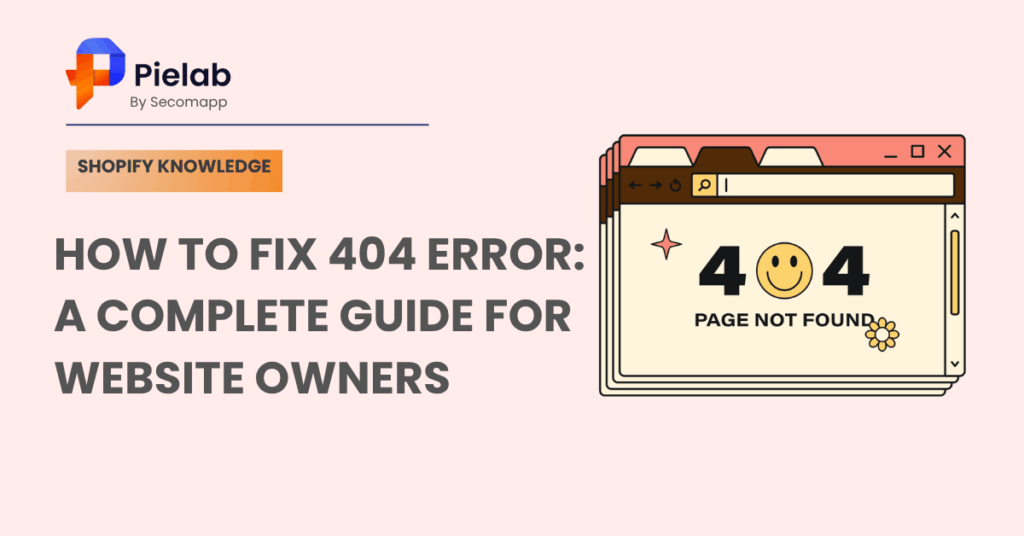Long tail keywords play a crucial role in helping your website stand out in competitive search results. They target specific user intent, making it easier for your content to attract visitors who are genuinely interested in your products or services. Instead of competing for broad, high-volume keywords, long tail keywords allow you to focus on niche search queries that drive higher-quality traffic and better conversion rates.
In this guide, we’ll break down everything you need to know about using long tail keyword generators effectively. You’ll discover what long tail keywords are, the key benefits of using keyword generator tools, and the best platforms to find them. Plus, we’ll share practical tips to make the most of these tools so you can uncover high-performing keywords, improve your SEO strategy, and climb search rankings faster.
What are long tail keywords?
Long tail keywords are longer, more specific search phrases that usually contain three or more words, such as “affordable vegan skincare products” instead of just “skincare.” These keywords reflect clear search intent and often come from users who are closer to making a purchase or decision. Because they target narrower topics, long tail keywords face less competition, making it easier for websites to rank higher and attract qualified traffic.

Therefore, using long tail keyword generators becomes essential for uncovering these targeted keyword ideas efficiently. These tools simplify the process of finding specific keyword opportunities, setting the foundation for your SEO strategy, which we’ll explore in the next section.
Benefits of using long tail keyword generators
One of the biggest benefits of using a long-tail keyword generator is that it saves you time on keyword research. Instead of manually brainstorming ideas or guessing what your audience is searching for, these tools quickly generate hundreds of relevant keyword suggestions based on seed terms, competitors, or search trends, giving you a ready-to-use list for your SEO strategy.
Another advantage is that they help you discover high-intent keywords. Long-tail phrases often reflect specific user needs, meaning visitors who land on your site through these searches are more likely to take action, whether that’s making a purchase, signing up, or engaging with your content

Long-tail keyword generators also make it easier to find low-competition opportunities. Niche phrases are often overlooked by larger competitors, giving smaller websites or new businesses a better chance to rank higher and attract targeted traffic without struggling to compete for broad, highly competitive terms.
Finally, these tools can inspire new content ideas. By showing a wide range of keyword variations, they help you plan blog posts, product pages, or service pages that align closely with what your audience is searching for, ultimately boosting both traffic and engagement.
Long tail keyword generators by platforms
Choosing the right long tail keyword generator helps ecommerce brands uncover specific phrases shoppers actually use when searching online.
1. General online store
Tools like SEMrush Keyword Magic Tool, Ahrefs Keywords Explorer, and KWFinder provide extensive long tail variations along with search volume, difficulty scores, and intent insights. For merchants who need faster or more affordable idea generation, LowFruits, KeywordTool.io, and AnswerSocrates offer simple ways to discover question based and attribute focused keywords that match real buyer intent.
2. Shopify
For Shopify stores, long tail keyword generators are especially powerful when optimizing product titles, collections, and blog posts. Along with external tools, merchants can use the SearchPie app, which includes a Keyword Research feature that recommends long tail keywords tailored to your niche. This helps you uncover specific phrases like “vegan leather mini backpack black” or “women’s running shoes size 8 wide” that can be added to product pages and content to improve visibility and conversion.

For multi channel sellers on Amazon, eBay, or Etsy, tools like KeywordTool.io and Soovle are valuable because they pull autocomplete suggestions directly from each marketplace. This makes it easy to capture platform specific long tail searches like “matte black water bottle 1 liter leakproof” and apply them consistently in product listings, ads, and your main ecommerce site. Using long tail keyword tools across platforms ensures you align your SEO strategy with the exact terms customers use when they are ready to buy.
Tips to use long tail keyword generators effectively
1. Research and define search intent
Start by defining clear search intent before using any long tail keyword tool. When you know whether your customers are looking to buy, compare, or learn, you can filter keyword suggestions more accurately and avoid broad phrases that do not convert. Focusing on intent also helps you identify keywords that match real product attributes like size, material, color, or price.

2. Try a variety of long tail keywords generator
Use multiple tools to cross-check long tail keyword ideas instead of relying on a single generator. For example, combine SEMrush or Ahrefs with KeywordTool.io or AnswerSocrates to compare search volume, difficulty, and question-based variations. This gives you a more complete keyword list and helps you spot low-competition opportunities that competitors may overlook.
3. Focus on commercial long tail keywords
Prioritize long tail keywords with clear commercial or transactional intent. These keywords often contain specific product details, and they are more likely to attract buyers who are close to making a purchase. Once you find them, map each long tail keyword to the right page type, such as a product page, a filtered collection, or an informative blog post that supports the buying journey.
4. Have your own keyword list
Keep your keyword list organized by grouping long tail phrases into themes. Clustering similar keywords makes it easier to decide what belongs in product titles, meta descriptions, or blog content. Regularly refresh your list using new suggestions from your long tail keyword generator, especially during seasonal trends or new product releases. This ensures your SEO strategy stays aligned with changing search behavior and customer demand.

Conclusion
Long-tail keywords are a powerful way to attract targeted traffic, improve search rankings, and boost conversions. Using a long-tail keyword generator makes the process faster, more efficient, and more strategic, helping you uncover high-intent, low-competition keywords that your audience is actively searching for. By incorporating these keywords into your content and SEO strategy, you can create relevant, valuable pages that connect directly with your ideal customers.
Mastering long-tail keyword research with the right tools gives you a competitive edge, whether you’re running a blog, an e-commerce store, or a service business. With consistent use, long-tail keyword generators can guide your content creation, inspire fresh ideas, and help your website rank higher in search results, turning more visitors into loyal customers.















Pingback: Hiring for Volatility: Sourcing and Retaining Specialized Talent in Utilities, Trades, and Global Mobility | Ongig Blog